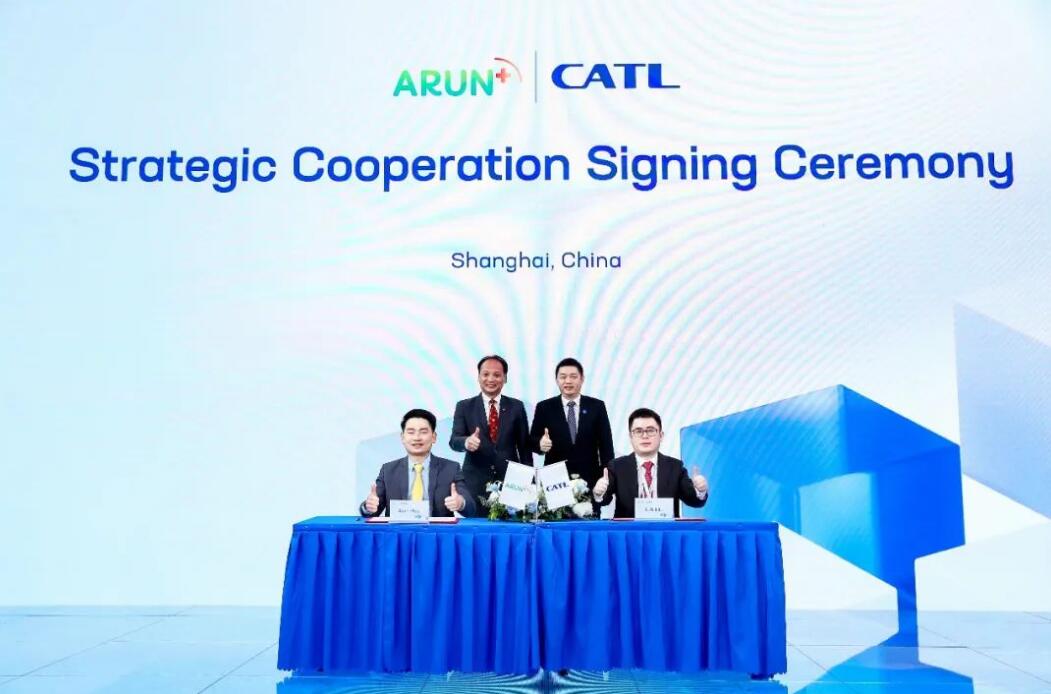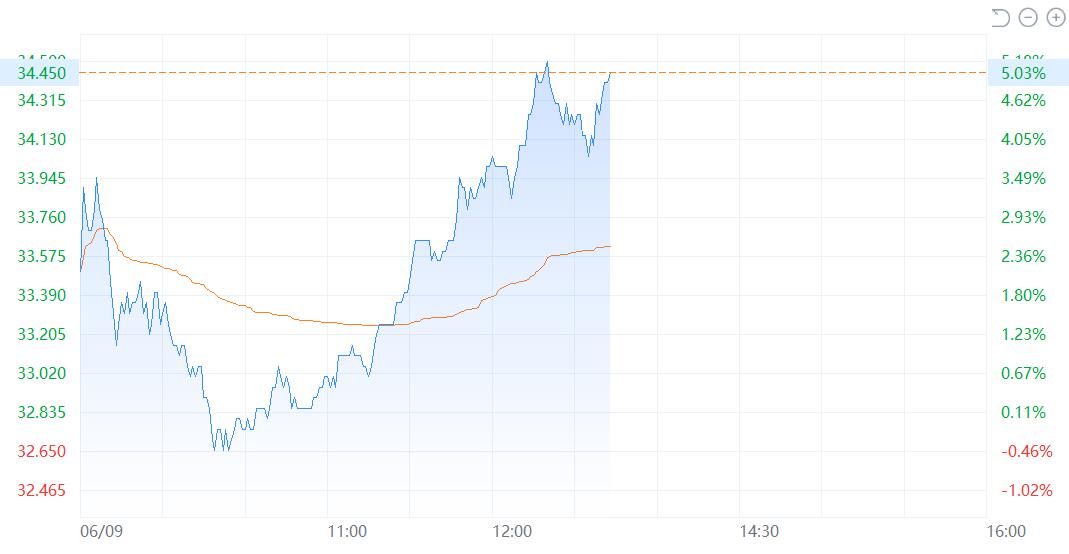CATL and Arun Plus have entered into a CTP partnership agreement to provide the Thai company with a CTP production line and share CTP production technology.

(Image credit: CATL)
Chinese power battery giant CATL has entered into a new agreement with Thailand's Arun Plus, following the signing of a CTP (cell to pack) technology licensing agreement between the two a year ago.
CATL recently entered into a CTP partnership agreement with Arun Plus to provide the Thai company with a CTP production line and share CTP production technology, according to a press release yesterday.
The two parties will work to meet local demand for electric vehicle (EV) production in Thailand and help Thailand become a battery production hub in Southeast Asia, according to the release.
Arun Plus, the EV subsidiary of Thai state energy group PTT, has well-established energy infrastructure in Thailand.
In November 2022, Arun Plus established an EV manufacturing subsidiary to capitalize on the growing demand for electric vehicles in Thailand and Southeast Asia.
The latest partnership will help enhance Arun Plus' EV production capacity and drive the building of a power battery ecosystem in Thailand and Southeast Asia, CATL said.
It is also an important step in CATL's efforts to improve its global footprint and will help the company explore diverse partnership models in markets including Southeast Asia to accelerate the global electrification and clean energy transition, the power battery giant said.
On May 13, 2022, CATL announced that it had signed a strategic partnership memorandum with Arun Plus, licensing the latter to use CTP technology.
Arun Plus and CATL will supply battery products to Horizon Plus, a joint venture between Arun Plus and Foxconn that plans to produce EVs in Thailand in 2024, and other EV brands, according to last year's press release.
CTP is a technology that integrates cells into battery packs without modules, increasing the system energy density of packs, simplifying manufacturing processes and saving costs, CATL previously said.
On October 27, 2021, CATL announced an agreement with Hyundai Mobis, the parts division of Hyundai Motor, to license its CTP technology.
CATL will support Hyundai Mobis in the supply of CTP-related battery products in South Korea and globally, it said at the time.
The post CATL to supply CTP battery pack production line to Thailand's Arun Plus appeared first on CnEVPost.
For more articles, please visit CnEVPost.












